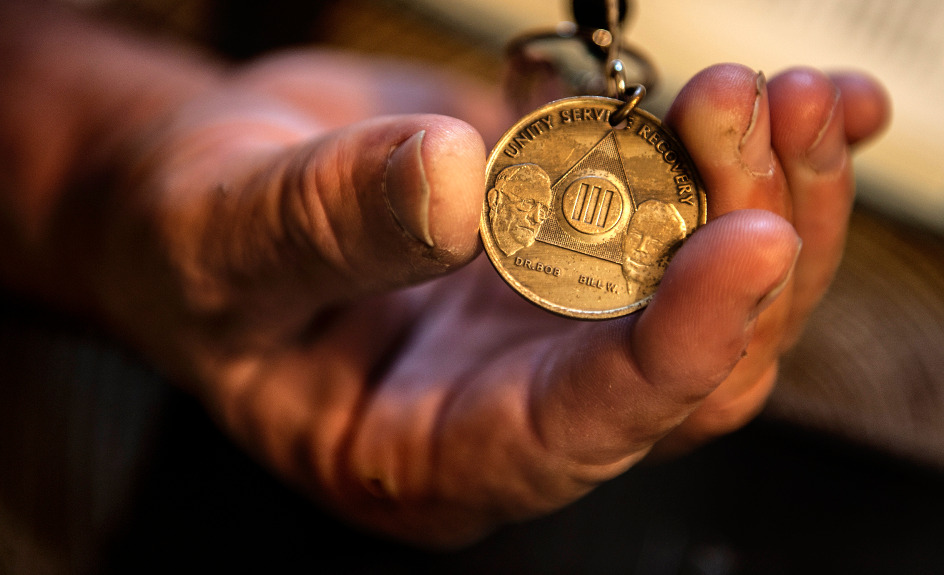Addiction rehab centers report small number of coronavirus infections


California’s 1,736 licensed addiction treatment centers have reported only 14 coronavirus infections to regulators, officials said this week.
The infections were reported at 10 different facilities, and both staff and clients were affected. The state did not name the facilities or say where they are.
Treatment centers — typically, six-bed homes in residential neighborhoods — are required to report all incidents of communicable disease to the state Department of Health Care Services by telephone within one working day, followed by a written report within seven days, said spokeswoman Carol Sloan.
While the U.S. Substance Abuse and Mental Health Services Administration has urged addiction treatment centers to move as many people into out-patient treatment as possible to reduce the spread of COVID-19 — saying live-in, residential treatment has proven no more effective than outpatient treatment — live-in facilities have continued to operate through the COVID-19 lockdown.
Operators say that some people have no homes to go to, or need to keep their distance from environments that might trigger bad habits.
Outpatient centers — where people get counseling and education by day but go home at night — are actually where most treatment happens in California. But outpatient facilities aren’t required to be licensed by the state, meet any standards, or report infections — or anything else — to state officials.
Emergency orders actually allow live-in facilities to add more beds than they’re licensed for, in an effort to provide shelter and treatment to those in need. Four such applications have been received and are under review, Sloan said.
Since March, the department has approved an additional 100 residential treatment beds for initial facility licensing, she said. The usual on-site inspections of these centers are happening virtually, but in-person inspections will resume when emergency orders are lifted.
More than half of the state’s licensed addiction treatment centers are in Southern California, prompting the industry to describe the region as the Rehab Riviera.
Lawmakers were hoping to push through a major overhaul of the addiction treatment system this year, including licensing requirements for outpatient centers and prohibitions on false and misleading advertising. How that will proceed, in light of the current health emergency, is unclear.
Last year’s crop of reform legislation was the most far-reaching to make it to the governor’s desk to date. It came in the wake of the Southern California News Group’s probe of death, sexual assault, drug abuse and paying for patients inside California’s addiction treatment industry.
 Pathways Drug Rehabilitation Luxury Addiction Treatment & Detox Center
Pathways Drug Rehabilitation Luxury Addiction Treatment & Detox Center


